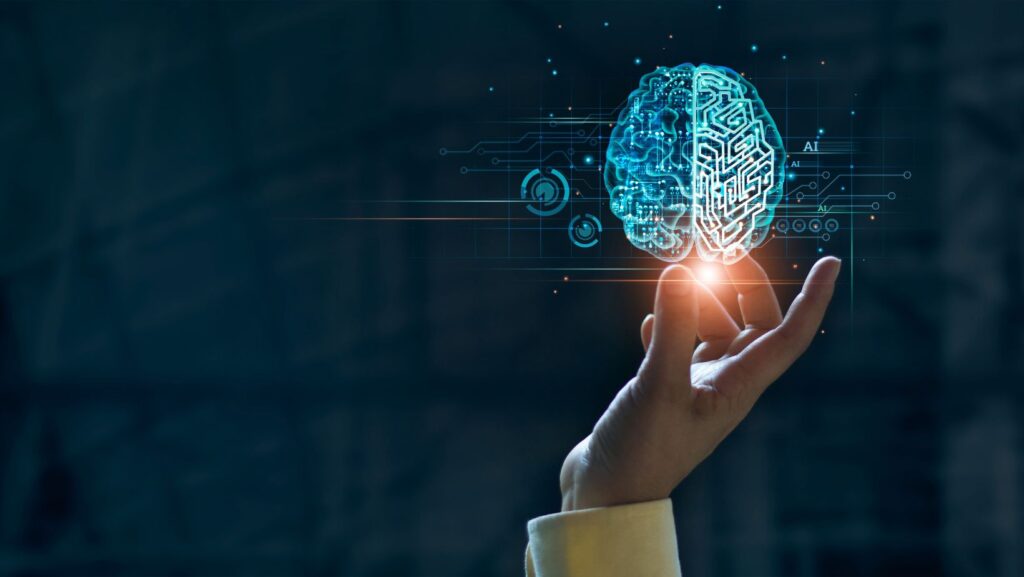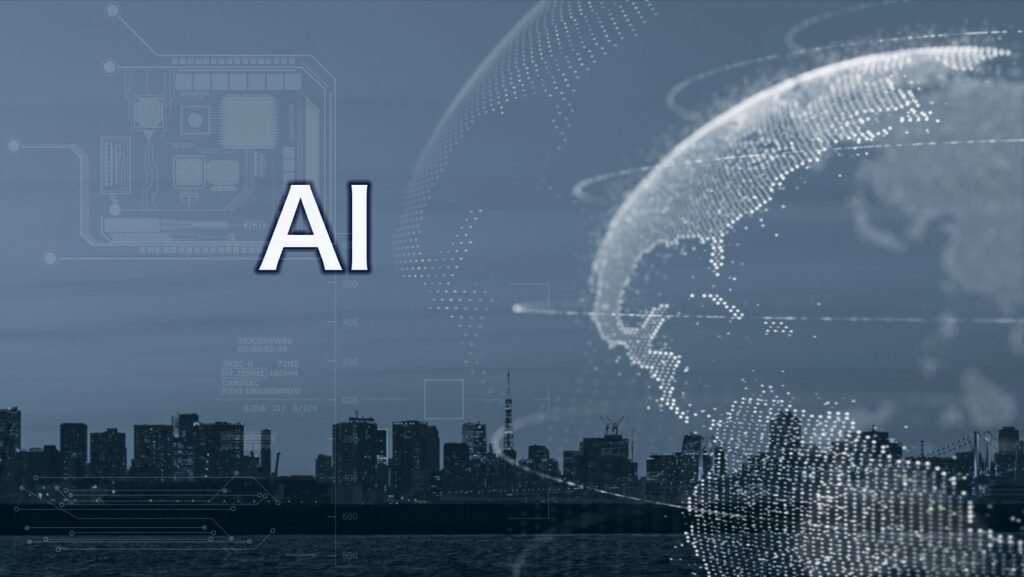Artificial intelligence, or AI for short, has become a ubiquitous term in today’s tech-driven world. But have you ever wondered when this groundbreaking technology first came into existence? In this article, I’ll delve into the fascinating history of AI, exploring its origins and the remarkable evolution it has undergone over the years.
The journey of When Was Artificial Intelligence Created dates back to the mid-20th century when the concept was first introduced. From its humble beginnings to the complex algorithms and machine learning capabilities we see today, AI has come a long way. Join me as we unravel the timeline of AI’s creation and witness the transformative impact it has had on various industries and aspects of our daily lives.
When Was Artificial Intelligence Created
When Was Artificial Intelligence Created (AI) has a rich history that dates back to the mid-20th century. The term “artificial intelligence” was first coined in 1956 by computer scientist John McCarthy, paving the way for a revolutionary field that would transform the way we interact with technology. One of the earliest milestones in AI was the development of The Logic Theorist by Allen Newell and Herbert A. Simon in 1955. This program, capable of proving mathematical theorems, laid the groundwork for the future of AI research.
As the years passed, researchers delved deeper into creating machines that could simulate human intelligence. In 1956, the Dartmouth Conference brought together experts from various fields to discuss the potential of AI, sparking a wave of innovation and research that continues to this day. The 1960s and 1970s marked a period of significant growth in AI research, with discoveries such as the Shakey robot in 1966, a pioneering project in AI and robotics developed at Stanford Research Institute.
The 1980s saw the rise of expert systems, AI programs that could mimic the decision-making abilities of human experts in specific domains. This era laid the foundation for the development of IBM’s Deep Blue, the chess-playing computer that famously defeated world champion Garry Kasparov in 1997.

Early Developments in AI
In the early days of artificial intelligence (AI), pioneers laid the groundwork for what would become a transformative field. Here are some key milestones:
- 1950s: The birth of AI saw groundbreaking projects like the Logic Theorist, a computer program capable of proving mathematical theorems.
- 1956: The Dartmouth Conference coined the term “artificial intelligence” and set the stage for dedicated AI research.
- 1960s-1970s: Progress surged with projects like the Shakey robot, showcasing the potential of AI in navigating physical spaces.
- 1980s: The era of expert systems emerged, enabling computers to mimic human decision-making processes in specialized domains.
This period of innovation and exploration set the foundation for the diverse technologies we see in AI today, from machine learning to natural language processing.

Evolution of Artificial Intelligence
When Was Artificial Intelligence Created (AI) has evolved significantly since its inception. Key milestones date back to the 1950s, where the foundations were laid for what we know today as AI. In the 1960s and 1970s, projects like the Shakey robot showcased the potential for AI in physical tasks.
Expert systems in the 1980s marked a pivotal moment, allowing computers to simulate human decision-making processes. These advancements paved the way for modern AI technologies, including machine learning and natural language processing. Today, AI is integrated into various aspects of our lives, from voice assistants to autonomous vehicles.
The evolution of AI continues to accelerate, with advancements in deep learning and neural networks pushing the boundaries of what AI can achieve. As we look to the future, AI’s impact on industries like healthcare, finance, and transportation is expected to grow exponentially. AI is not just a concept of the future; it’s a current reality shaping the world around us.
Impact of AI on Various Industries
In the realm of healthcare, AI is revolutionizing diagnosis and treatment methods, enhancing patient care with personalized medicine solutions. Financial institutions leverage AI for fraud detection, risk assessment, and algorithmic trading, optimizing operations and improving security measures.
The transportation sector benefits from AI through autonomous vehicles and traffic management systems, enhancing safety and efficiency on the roads. Entertainment and media industries utilize AI for content recommendation algorithms and personalized user experiences, tailoring entertainment offerings to individual preferences.
Retail businesses leverage AI for demand forecasting, inventory management, and personalized marketing strategies, boosting sales and customer satisfaction. In the field of manufacturing, AI-driven predictive maintenance and quality control systems streamline production processes and minimize downtime, leading to enhanced productivity and cost savings.



